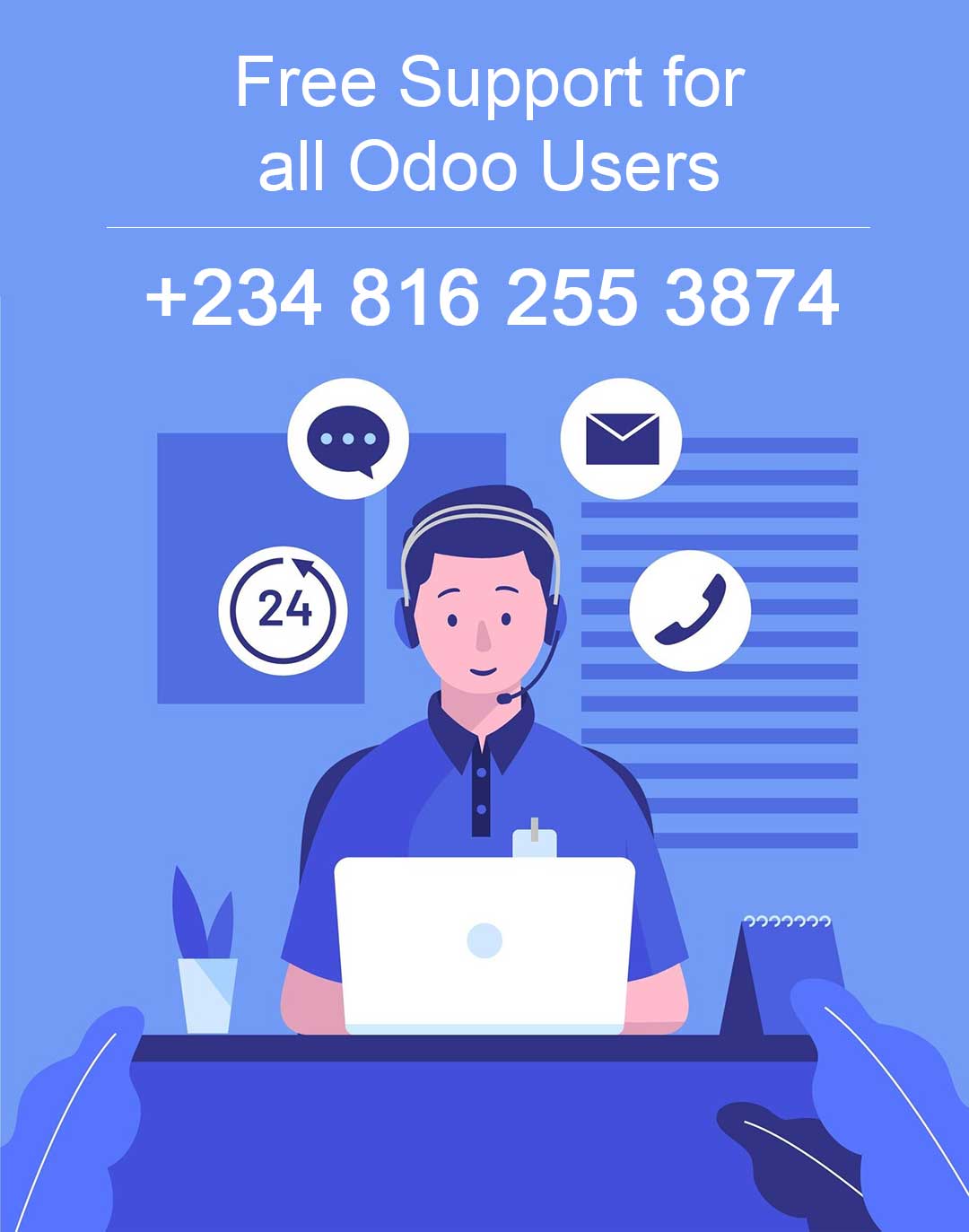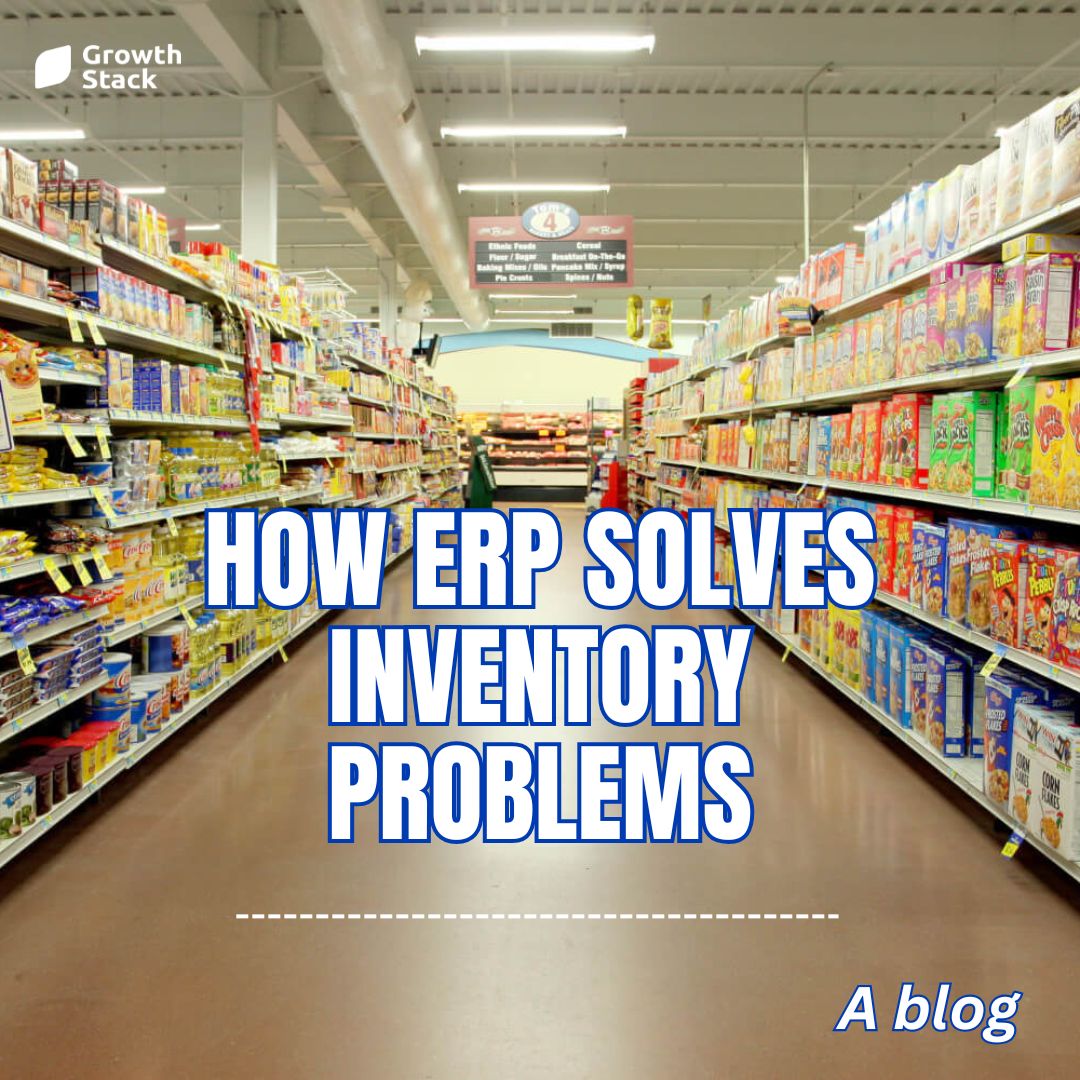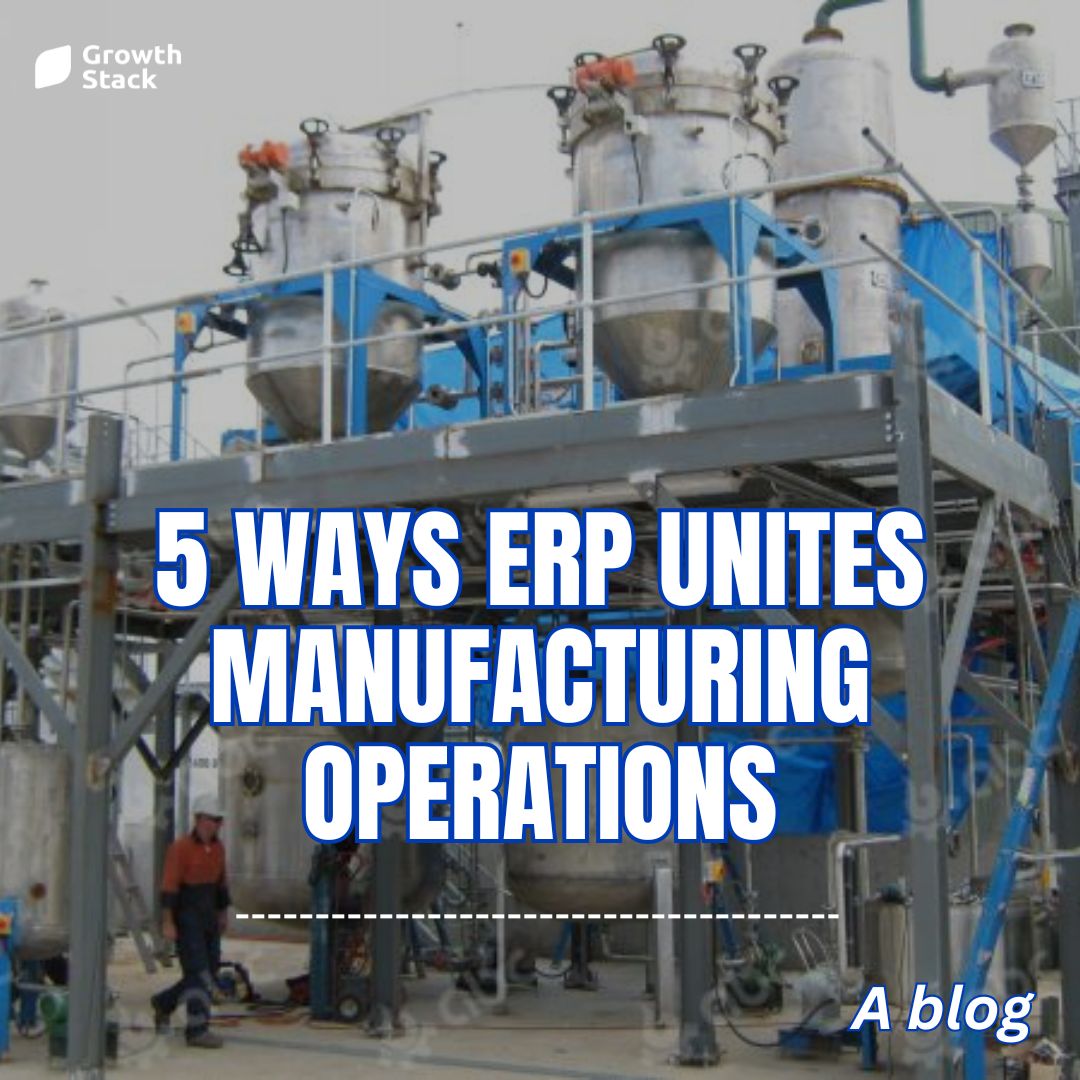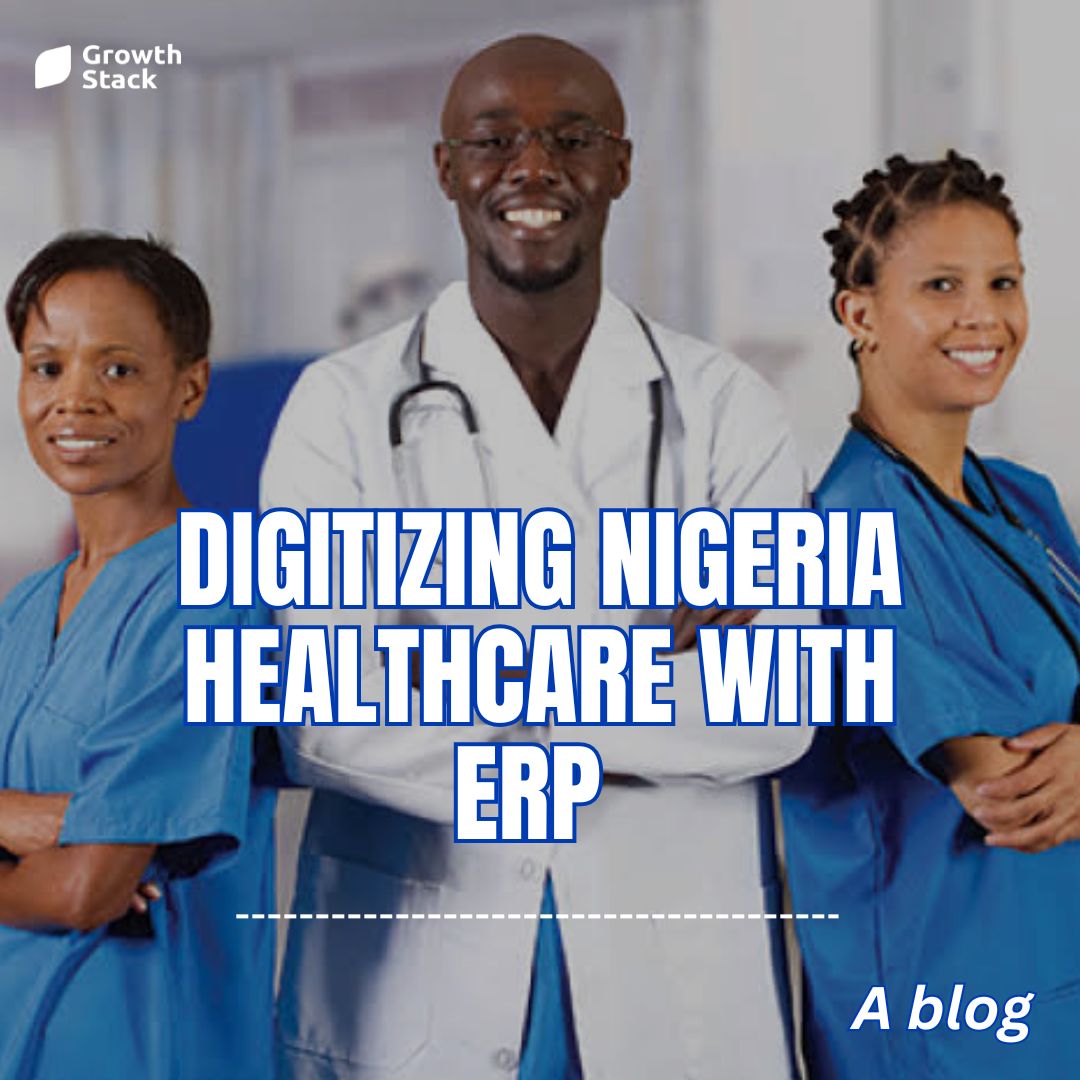Enterprise Resource Planning (ERP) is business management software that allows an organization to leverage a suite of integrated applications. ERP systems streamline and automate processes, creating a leaner, more accurate and efficient operation. ERP provides complete visibility into core business processes. Enterprise Resource Planning platforms, like ODOO ERP, optimize systems through superior resource tracking and reporting, database management and data sharing and overall improved information systems. ERP systems can allow your business to expand without the addition of IT or staffing costs.
Think of an ERP system as the brain of your company’s technology system. In the human body, the brain controls all areas of your body by telling them what to do and ensuring they all work together. The human body is unable to function without and a retail company cannot function without a proper ERP system. It integrates all facets of a business including product development, manufacturing, marketing and sales. By synchronizing all of these areas, businesses are able to gain visibility, increase productivity and operational efficiency, reduce costs and enhance competitiveness.
Here are three reasons why the importance of enterprise resource planning (ERP) systems should be considered by any organization:
- More Money Saved
Although many vendors have introduced flexible pricing in recent years, ERP packages are still a big investment. For many, the large costs alone can make it seem unlikely that the program would end up saving your organization any money at all. But once you get past the sticker shock, it’s easier to see how ERP can provide an excellent ROI.
First, ERP unifies many of the systems that may currently be fragmented in your organization. From product development to accounts payable, your staff will be able to access all the necessary tools for their job from one centralized system.
By unifying systems, you help your staff utilize their time more efficiently. With ERP, users don’t have to hunt down a piece of information across multiple systems. With the central database, information is much easier to retrieve. Moreover, your organization saves money with ERP by eliminating the need for users to be trained on several systems. This not only reduces the amount of money spent on training but also reduces the logistical effort involved. Instead of scheduling several training sessions with several different vendors, you only need to communicate with one.
- Improved Collaboration
The features of ERP applications can vary slightly depending on the program you are using, but generally, all systems improve collaboration in some way. As mentioned before, the centralized database is an integral part of what makes an ERP unique. With this database, you provide your company with a single source of truth to work from. This reduces any errors brought on by working with the incorrect data, further reducing costs.
Moreover, a central database reduces any hesitation or stalling during projects, since all team members have access to the company-wide data they need. Additionally, there’s no need to merge information across various systems or sources. Because all of the data is compiled, stored, shared and accessed through a single system, there is no concern about how accurate, complete or secure the data files are.
This isn’t as easy to say if perhaps your team is entering the same client information over and over again into several different systems. Without an ERP, you invite human error into your processes when it could easily be avoided.
- Reinforce the relationship between clients & customers
One of the toughest jobs of every client is to maintain a relationship with their customers but this is mandatory. You want to give high-quality customer experience so strive to get involved with ERP Software now.
Those who are working in Sales and Customer Service, you all need to be aware of this software because it can not only improve relations with your customers but also you get access to customer’s information and history. No need to stay fret regarding capturing leads. You can do this and can easily track the status of campaigns.
Other benefits of ERP system for your business:
- Provide a single point of truth for organizations.
- Can often be accessed from anywhere (off-site and from mobile devices).
- Help increase productivity among your team.
- Make it easier for teams to collaborate with each other, and with third-party vendors.
- Offer powerful reporting and forecasting tools that you can use to make informed decisions about the future of your business.
- Keep data secure, and help you ensure that your business continues to operate in compliance with global regulatory laws and guidelines.
Bottom Line
The importance of ERP far outweighs the initial cost, time and effort involved in implementation if you choose the right solution. Contact us for more information on features and functions, implementation goals, and questions to ask vendors. With enough careful research and thoughtful consideration, you’ll find ERP uses that provide all the benefits listed above painting a picture for why ERP is important to a company.











